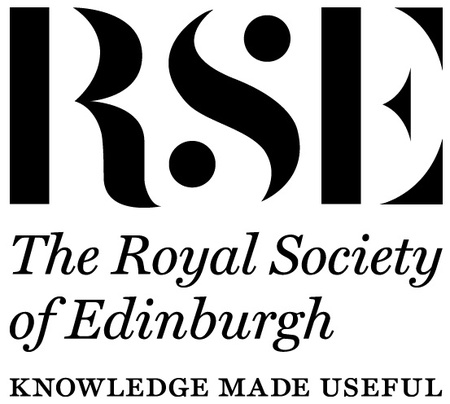Two academics from the University of Aberdeen are among 87 individuals who have been elected to become Fellows of The Royal Society of Edinburgh (RSE).
Professor Neil Vargesson, Chair in Developmental Biology, and Professor John Swinton, Chair in Divinity and Religious Studies, have been confirmed as new Fellows of the society.
Professor Vargesson’s research specialisms include cell and developmental biology, genetics and toxicology with a focus on understanding the risks and mechanisms of the pregnancy-related drugs, Thalidomide and Primodos, which caused birth defects in thousands of babies.
His research has led to requests for scientific advice from major organisations such as the World Health Organisation, influenced changes in international government policy and resulted in compensation and recognition for hundreds of survivors affected by Thalidomide around the world. He also regularly discusses his research with national and international media, patient support networks and the general public.
Professor Vargesson said: “I am honoured to have been elected a Fellow of the Royal Society of Edinburgh, Scotland’s National Academy. To be part of the Society with its prestigious history is flattering and I remain extremely grateful and fortunate to have worked for and with so many talented colleagues and staff. I am very much looking forward to helping and working with the Society to continue its fantastic work.”
Professor Swinton’s research is founded on his background in mental health nursing and healthcare chaplaincy and he has a particular interest in multidisciplinary education and research within the areas of practical theology, pastoral care, dementia mental health studies, disability theology, chaplaincy and nursing.
He is currently the convenor of the Equality, Diversity and Inclusion Group within the national Church of Scotland.
Last year, Professor Swinton received the Lanfranc Award for Education and Scholarship from the Archbishop of Canterbury which recognised his outstanding contribution to practical theology, particularly in the area of disability.
Professor Swinton commented: “I am delighted to have been elected a Fellow of the Royal Society of Edinburgh. I feel honoured and humbled and look forward to playing a positive role in the work of the Society over the coming years.”
The new intake of 87 fellows join the current roll of around 1,600, representing the full range of physical and life sciences, arts, humanities, social sciences, education, professions, industry, business and public life. Those who are nominated, and then invited to join, have undergone rigorous assessment of their achievements, professional standing and societal contribution. Fellows, who give freely of their time, play a fundamental role in enabling the RSE to deliver its mission ‘Knowledge Made Useful’, contributing to the cultural, economic and social wellbeing of Scotland and the wider world.
Professor Dame Anne Glover, President of The Royal Society of Edinburgh said: “As Scotland’s national academy we recognise excellence across a diverse range of expertise and experience, and its effect on Scottish society. This impact is particularly clear this year in the latest cohort of new Fellows which includes scientists who are pioneering the way we approach the coronavirus; those from the arts who have provided the rich cultural experience we have all been missing, and some who have demonstrated strong leadership in guiding their organisations and communities through this extraordinary time.
“Through uniting these great minds from different walks of life, we can discover creative solutions to some of the most complex issues that Scotland faces. A warm welcome is extended to all of our new Fellows.”


